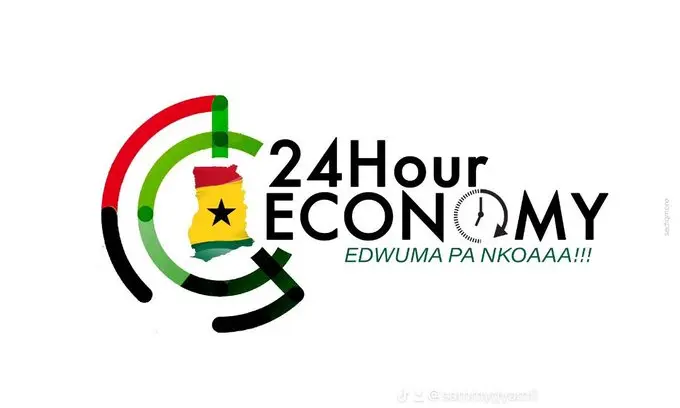The Chief Executive Officer of the Chamber of Oil Marketing Companies (OMCs), Dr. Riverson Oppong, has cautioned against any attempt to introduce new taxes under the 24-hour economy initiative, stating emphatically that the oil marketing sector will not absorb additional financial burdens.
Speaking on Y3n Nsempa, on Onua FM, Dr. Oppong said, “We do not want to see any 24-hour economy tax. I haven’t heard anything, but the 24-hour economy will certainly come at a cost, and we do not want that cost to be pushed on us or our members. We do not want to hear it. We will not bear the burden. We will pass on the cost.”
Dr. Oppong revealed that his outfit had engaged in discussions with both President John Dramani Mahama and Dr. Mahamudu Bawumia in October and November 2024, when both leaders were still presidential flagbearers. The Chamber then presented key concerns affecting the oil marketing industry during those engagements.
“It was during that meeting that Mr. Mahama and the NDC introduced the concept of the 24-hour economy. We even received an official invitation for the inauguration of the initiative, though that date has since been postponed. But as of now, we have had no further engagement or clarity on the implementation,” he noted on July 21.
Addressing broader concerns in the petroleum sector, Dr. Oppong criticized the limited development of Ghana’s oil industry, He argued that this stagnation is contributing to the growing rate of graduate unemployment.
Ghana’s oil industry is underdeveloped, and because of that, we’re seeing a backlog of unemployed graduates. Our universities might need to reassess their intake levels because the industry simply isn’t growing fast enough to absorb them.
Although “Ghana’s downstream oil sector contributes twice as much to Ghana’s GDP as compared to the upstream sector,” he added, calling on policymakers to invest more in refining infrastructure and incentivize value-added operations.
Citing India as an example, Dr. Oppong highlighted how they have amassed wealth in the downstream industry not through crude oil extraction, but by importing, refining, and exporting petroleum products at margins as high as eight times the initial cost.
“India has accumulated significant wealth in the downstream oil industry, not by drilling its own oil, but by importing crude from various countries and in different forms, refining it, and selling the refined products at up to 8 times the purchase price.”




